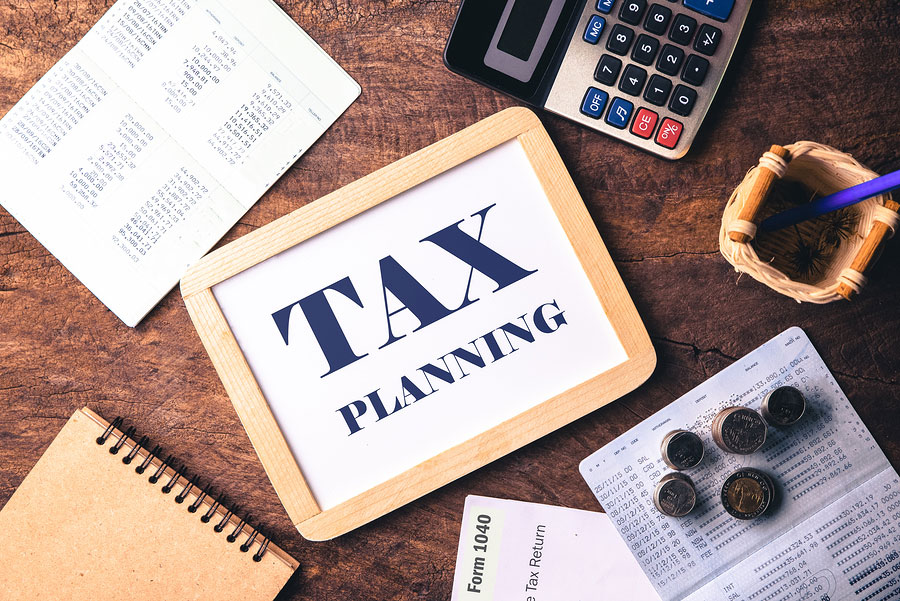There is a certainty to paying taxes as Benjamin Franklin famously expressed, “In this world, nothing can be said to be certain, except death and taxes.” Author Ann Landers said comically, “A person doesn’t know how much he has to be thankful for until he has to pay taxes on it.” Despite the jokes about taxes, the reality remains that paying taxes is a serious matter and tax planning is an essential activity for every person and every business.
What is Tax Planning?
Tax planning is simply the concept of applying current laws and taking appropriate actions in a way that allows the individual or business to minimize taxes paid during a year, while also meeting personal or business goals. It requires a careful analysis and documentation of financial elements from a taxation perspective and is a critical element of a personal or business financial plan.
Be Proactive All Year
Don’t put off thinking about tax planning until the end of the year. It is important to evaluate your options and outline tax planning strategies with your financial advisor and accountant early in the year, both to open the window of opportunity as wide as possible and to avoid any mistakes along the way. More time means more opportunity to create longer-term wealth during the year.
8 Tax Planning Strategies
- Keep superb financial records and be sure to recognize and document all possible tax deductions. That way you can claim every expense and deduction that you are eligible for. As well, you can time your deductions to gain the maximum benefit.
- Time certain income and expenses to your advantage. As you approach year-end planning in November and December, you can time your income (such as receipt of a bonus) into the next year, if that will lower your current tax bracket. And, you could either accelerate or delay a significant expense that will improve your tax status.
- Be smart about investment planning. Strategies can include investing in tax-exempt securities and beneficial timing of the sale of capital assets.
- Make IRA and 401(k) contributions to reduce your taxable income. Withdrawals will have a tax implication, so act carefully.
- Manage and document charitable giving, noting the tax benefits of those gifts. If you are in a higher tax bracket, you can plan to gain the most of gifts by pre-funding some of them in the years that you might gain the most benefit from the deduction.
- Explore low-interest rates and valuation opportunities. For example, transferring wealth thru trusts and transferring assets before they rise in value.
- Seek business tax credits.
- Meet tax filing deadlines. Tax planning will save you from paying penalties and will save significant time as well.
.


Recent Comments